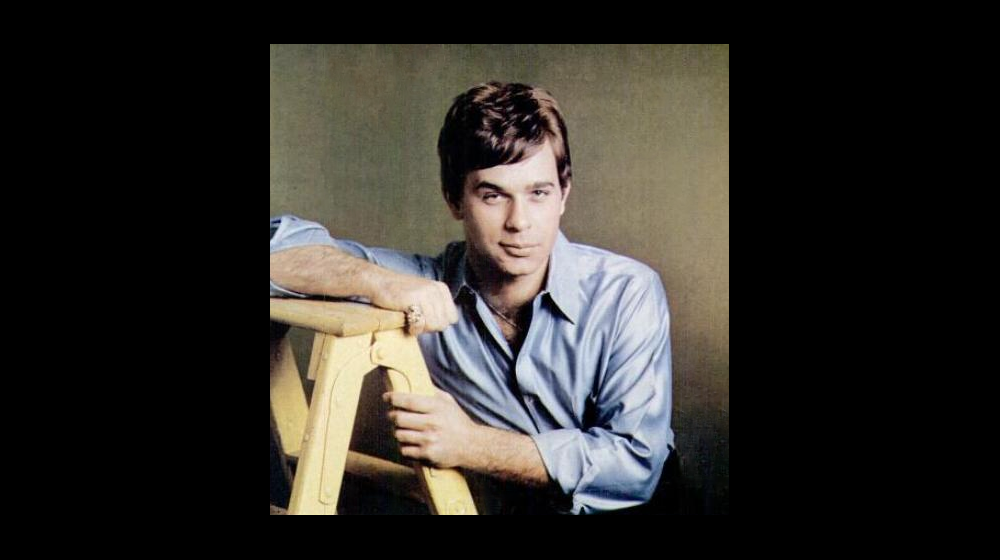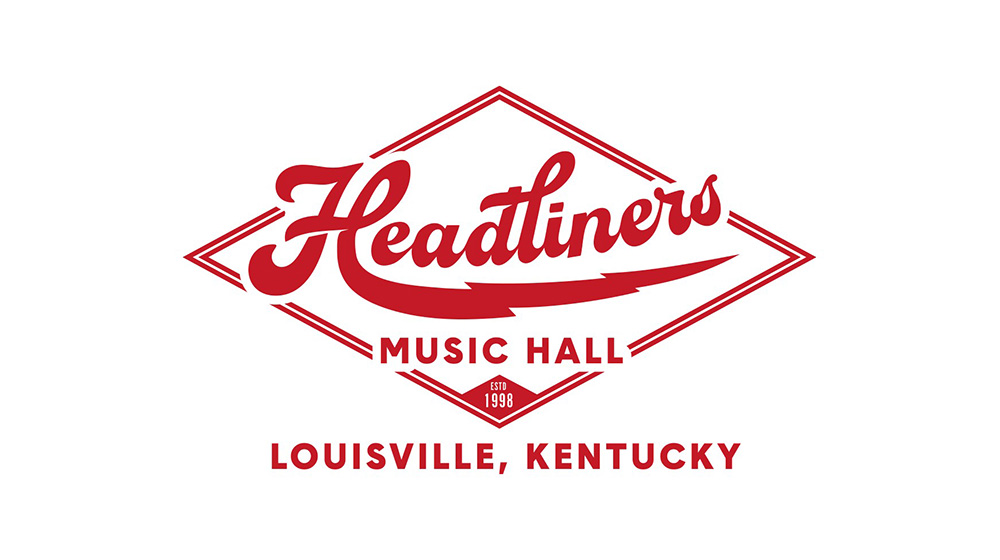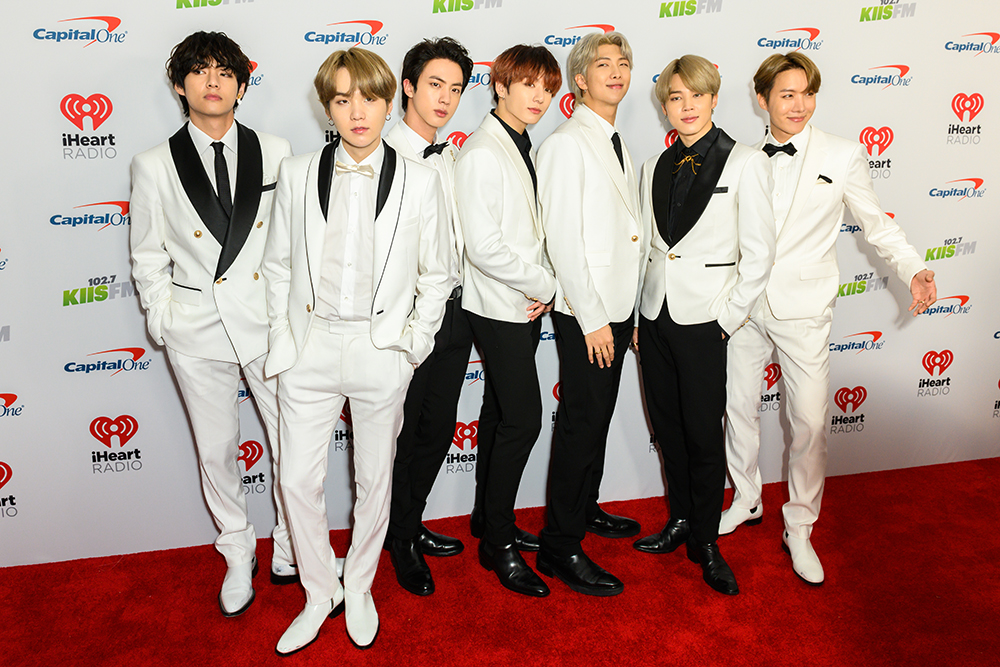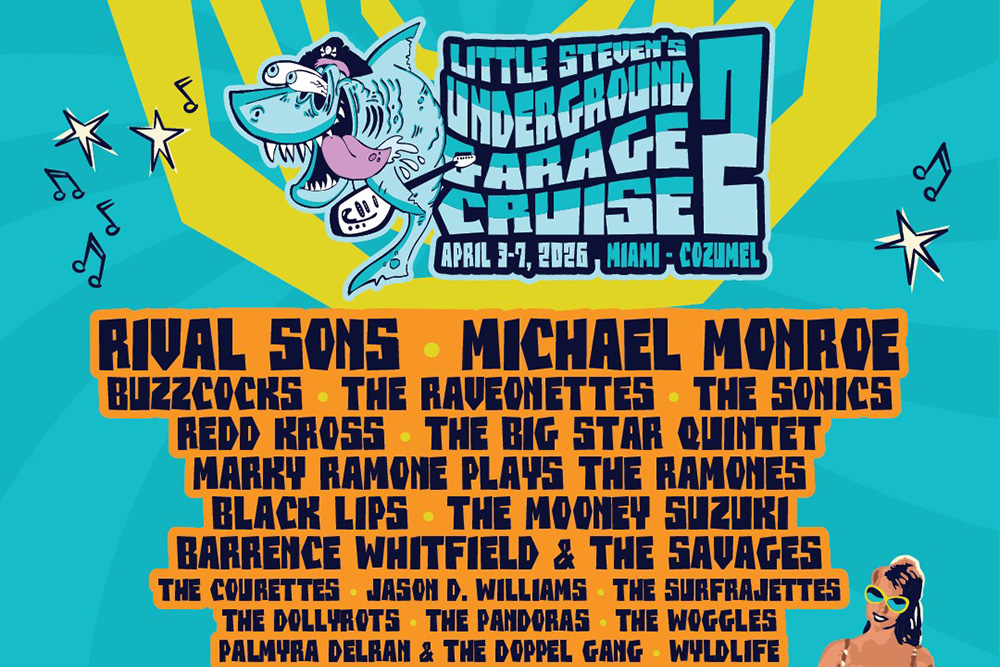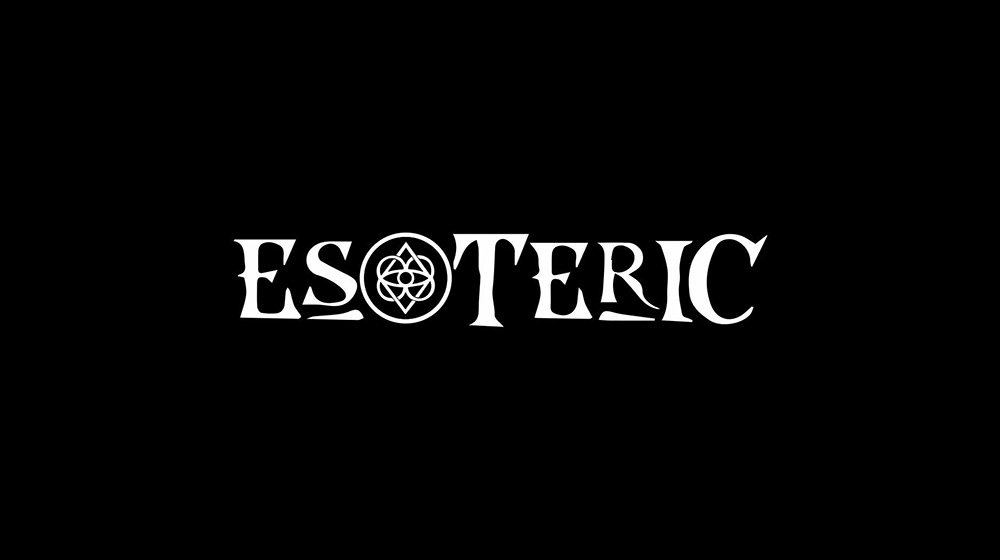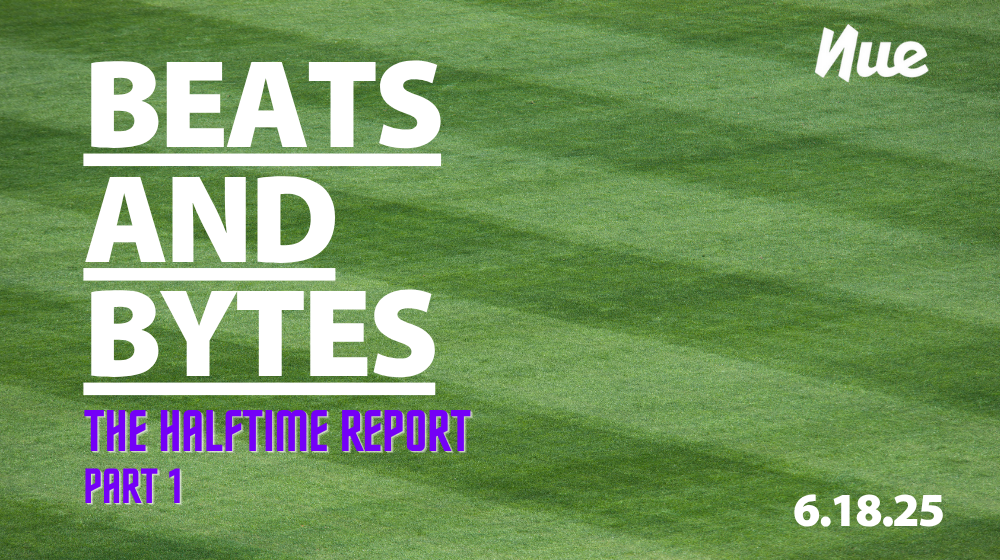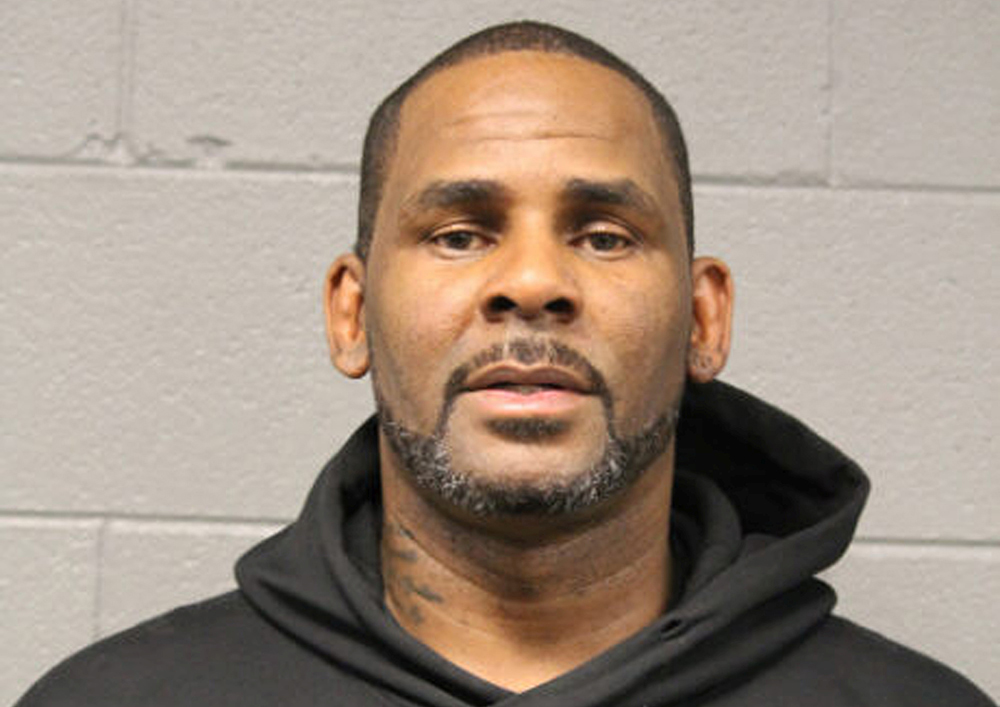
Upwards of twenty people lost their jobs at Rhino Records last week. Were they doing a bad job? Were they suddenly superfluous? No, Warner Music had to make its numbers work. And in order to do this, the company had to reduce its head count. So losses would decline. On paper. Hell, you don't need a mastering engineer, you don't need an art department, just a really sharp accountant.
What?
Warner Music is not A&M Records, the OLD A&M Records, owned by Herb Alpert and Jerry Moss, grown into a powerhouse over twenty five years. From the single to the album, from "The Lonely Bull" to "Frampton Comes Alive". Warner isn't in it for the long haul, to develop artists, it's in it for the money.
You see you buy a supposedly undervalued, mismanaged asset. Then you cut overhead, get your investment back, and sell stock in the resulting enterprise to the public. That's the private equity game. Now we've got TWO major labels in the private equity game.
Believe me, EMI's value isn't as an ongoing record company releasing new albums by unknown acts. God, that's a tough business. It's not much better if you ARE known. That Linkin Park album…it's going to be a disaster. No, the value of EMI is in its copyrights, what it already owns, what has already been established. The Beatles and the Beach Boys. Along with all those tunes in the EMI Publishing Catalog. At some point in the future, when they figure out how to monetize online music, those assets are going to be worth a fortune. Will Terra Firma still own the company then? Maybe not!
 Terra Firma's purchase is not about the new act business, it's not about waiting for the marketplace to stabilize, it's purely about money. About making the books look good, so that financially the company looks robust, so investors will want to own its stock.
Terra Firma's purchase is not about the new act business, it's not about waiting for the marketplace to stabilize, it's purely about money. About making the books look good, so that financially the company looks robust, so investors will want to own its stock.
This movie is not only already being played out at Warner, a variation is transpiring over at Live Nation. There are fewer arena acts, people aren't going to many shows, but these problems are not the ones being addressed, rather it's how can we maximize revenue on what we've already got in order to please Wall Street, so we can all make a lot of money.
The apocalypse is finally here. The major labels are going to merge, whether internally or externally, and cut overhead until all you've got left are the bean counters and the deal makers. These companies are going to become giant licensing operations. New music? That will be developed by somebody else, someone who doesn't need the same return on investment.
 You're watching the movie now. Show time isn't off in the future, the first few reels have already unspooled. There was Napster and MySpace, not only a fumbling of the ball by the major labels, but a sea change in exposure and consumption that their model was not prepared for. One within which the old modes of exhibition, MTV and radio, are calcified, and replaced with pull models, within which no one hears what they don't want to. If you can't reach people, if you can't expose your wares, how are you going to get them to buy your products?
You're watching the movie now. Show time isn't off in the future, the first few reels have already unspooled. There was Napster and MySpace, not only a fumbling of the ball by the major labels, but a sea change in exposure and consumption that their model was not prepared for. One within which the old modes of exhibition, MTV and radio, are calcified, and replaced with pull models, within which no one hears what they don't want to. If you can't reach people, if you can't expose your wares, how are you going to get them to buy your products?
You aren't. That's why sales are off so dramatically. Not because people are stealing so much as the fact that everybody wants something different, the mainstream is for wusses, casual buyers. Today's music has about as much soul as Beanie Babies.
Not only will Linkin Park stiff, but so will Paul McCartney. There are no longer dominant acts that people believe in, only minor ones with relatively small colonies of believers. And if you don't have believers, you're screwed. Better off to manage a jam band than to own the masters of a pop group.
Oh, someone will figure it out, someone will give the people what they want, more music for a lower aliquot per track price. But it won't be the investors running Warner or EMI. They're not freethinkers, they're not growers, they're managers. And the Universal brass is so out of touch, when you go into their offices you see calendars from the '90s. Sure, they resuscitated this Gwen Stefani record, but they won't be able to sell the next one, not enough people will care, not enough to justify the cost. And there will be no infrastructure left, no one to do the grunt work, no one to push the button.
And Sony BMG is a joke. Marriages of convenience never work. Lack's folly will benefit neither. Sony is Chrysler to BMG's Daimler-Benz. Then again, Sony has got the catalog. Why don't they just go straight to the finish line, unwind the merger, stop putting out new records and manage the assets, the great tracks of the past. Since this is what they're going to do in the future anyway. To do otherwise, to try and right the ship, is positively futile. Even Rick Rubin can't come up with a diamond seller.
 Ten years from now, the music business landscape will look completely different. FIVE years from now. Lyor Cohen and Jimmy Iovine will long be gone. They will have retired, not wanting to work so hard for meager returns, superseded by young hungry bucks willing to focus on the music and man to man as opposed to top down marketing. As for the live sphere? A lot more bands playing to fewer people.
Ten years from now, the music business landscape will look completely different. FIVE years from now. Lyor Cohen and Jimmy Iovine will long be gone. They will have retired, not wanting to work so hard for meager returns, superseded by young hungry bucks willing to focus on the music and man to man as opposed to top down marketing. As for the live sphere? A lot more bands playing to fewer people.
We've got to grow new stars.
But a star won't be Kid Rock, certainly not J. Lo or Jessica Simpson, built on mainstream overhype, but something more akin to Peter Frampton. A journeyman who gets lucky when suddenly his hard work pays off, when he releases great product just when enough people have heard of him.
The future doesn't lie with Thomas H. Lee/Bain, and it's not with Terra Firma either. They don't care what's in the grooves, they just care about the stock price.
It's a free-for-all, it's every man for himself. Welcome to the future. It's happening right now.
























